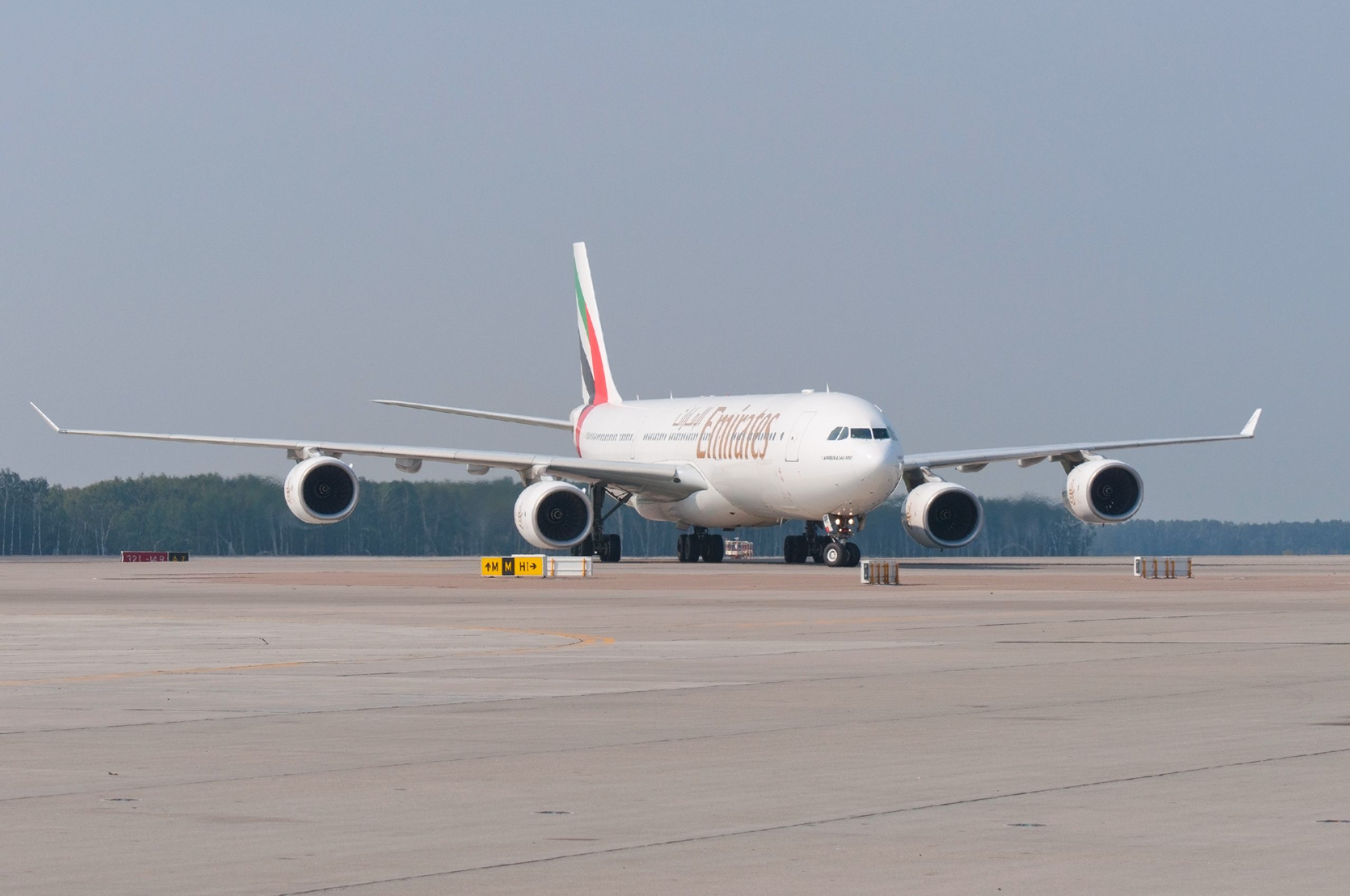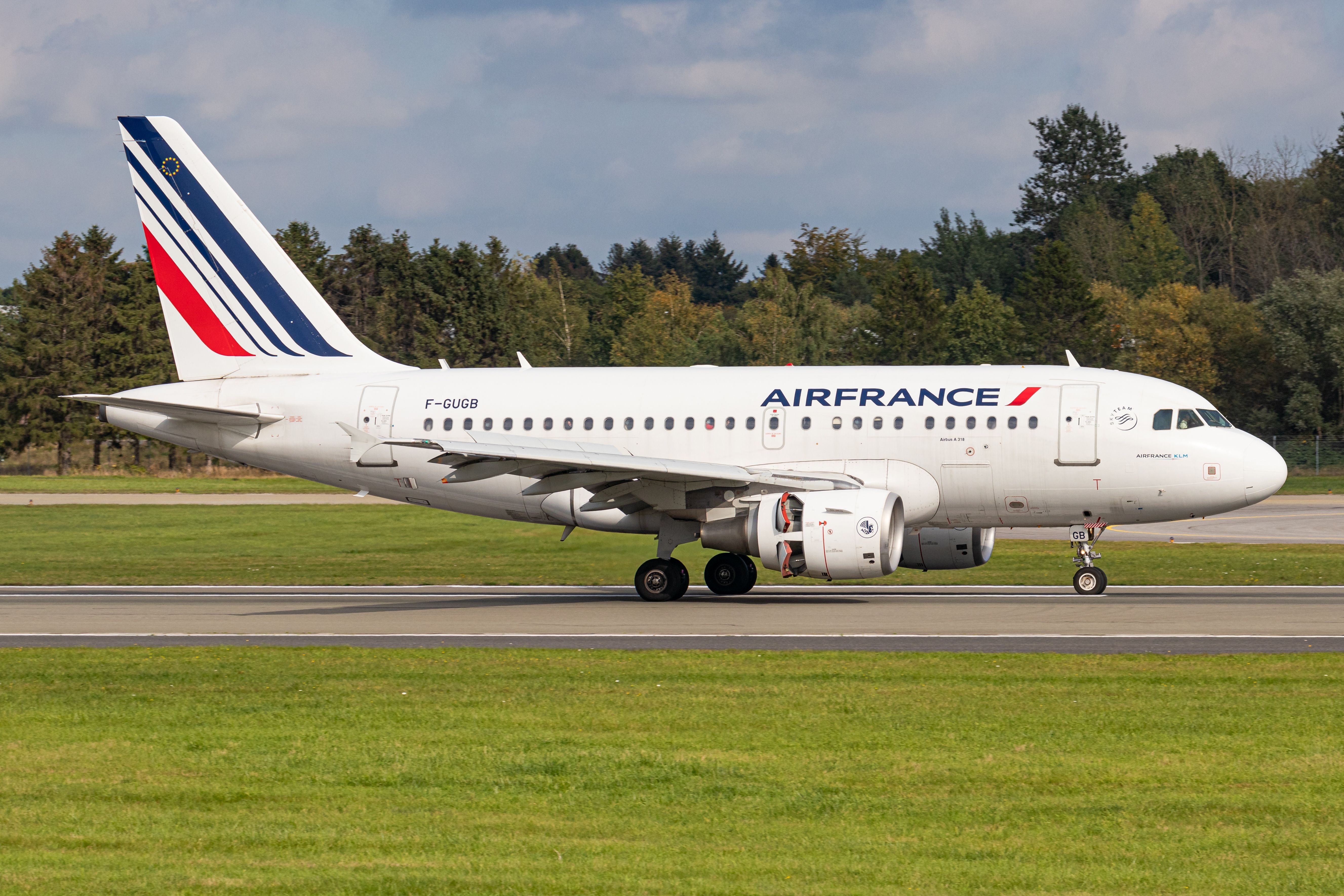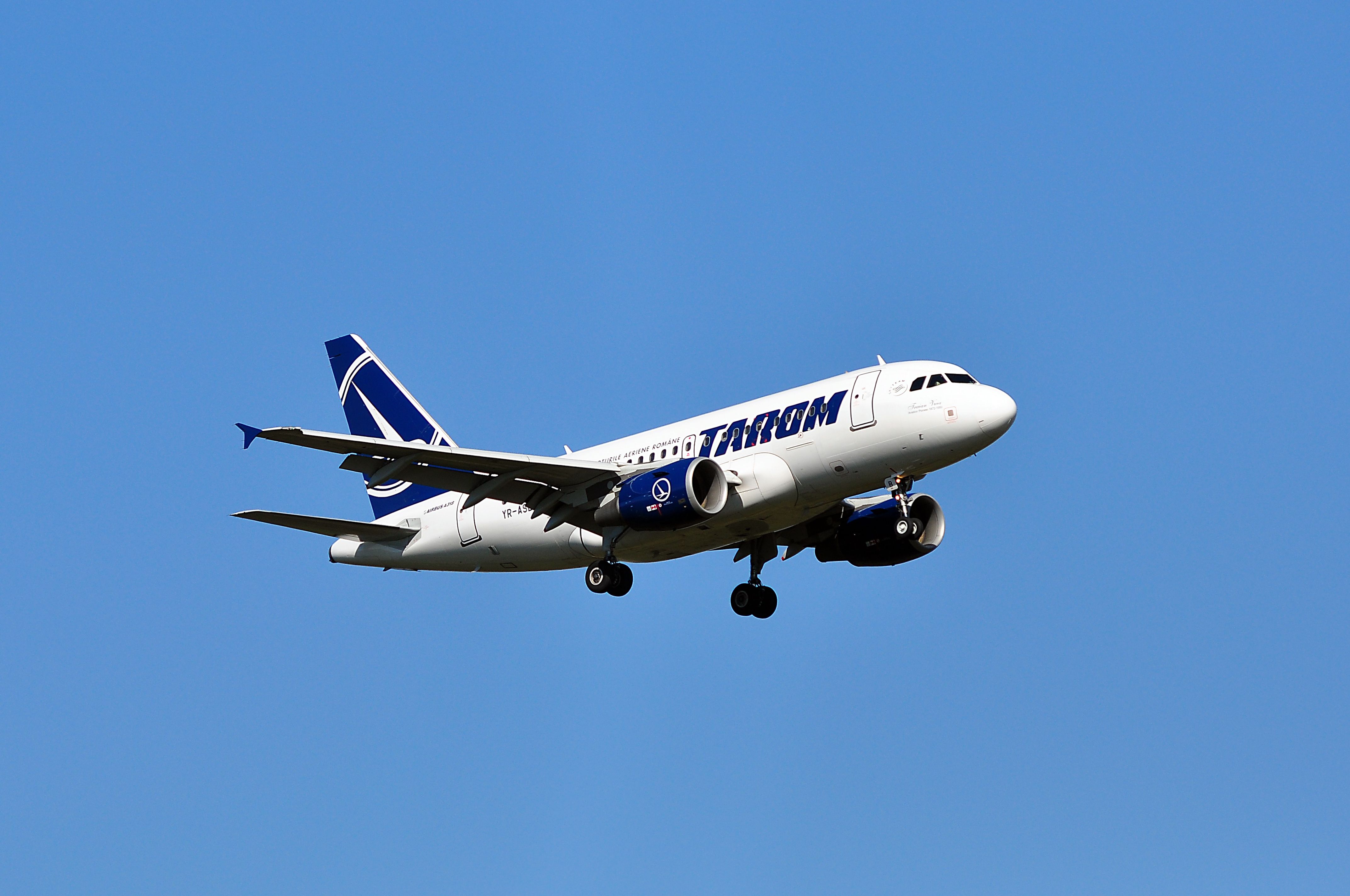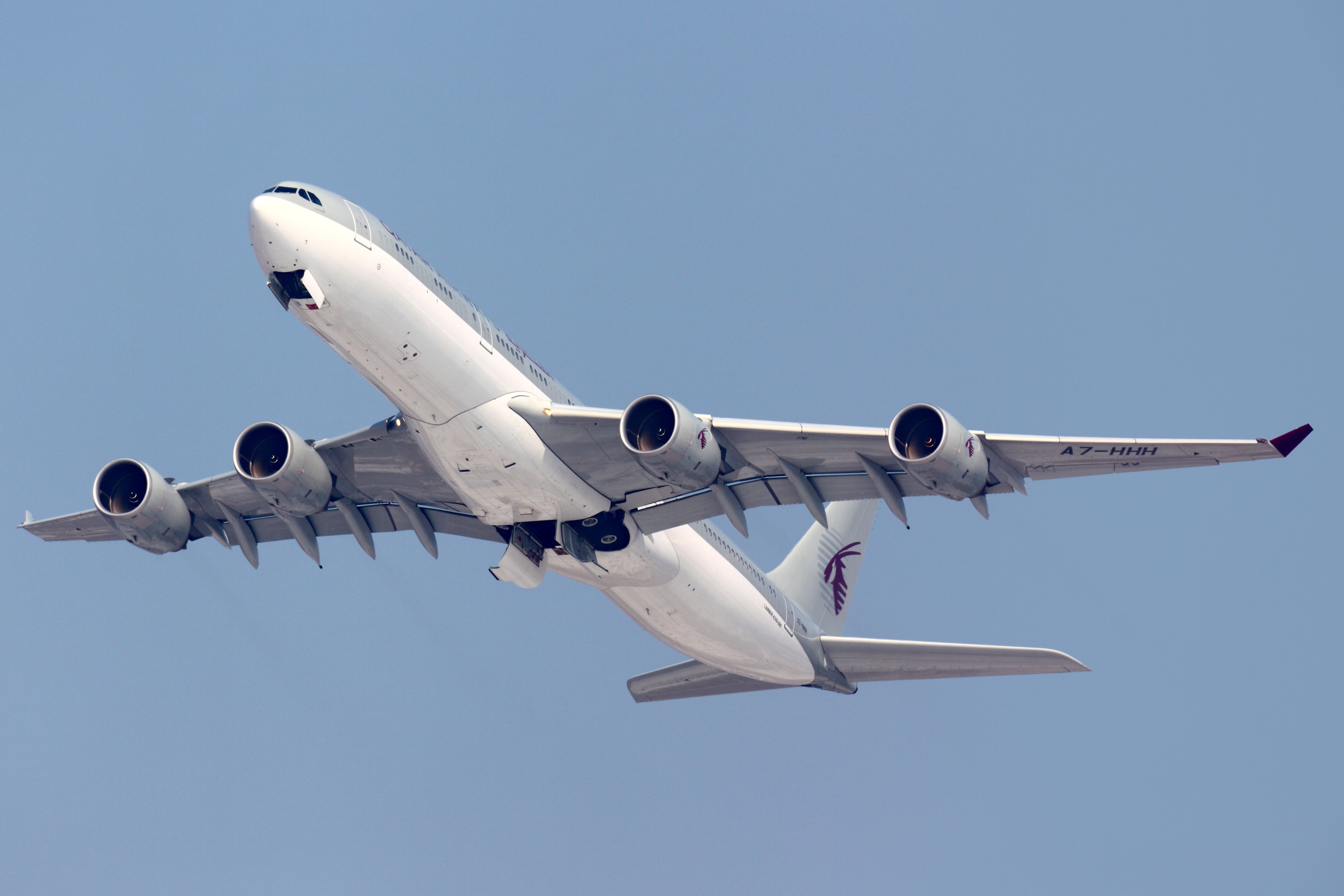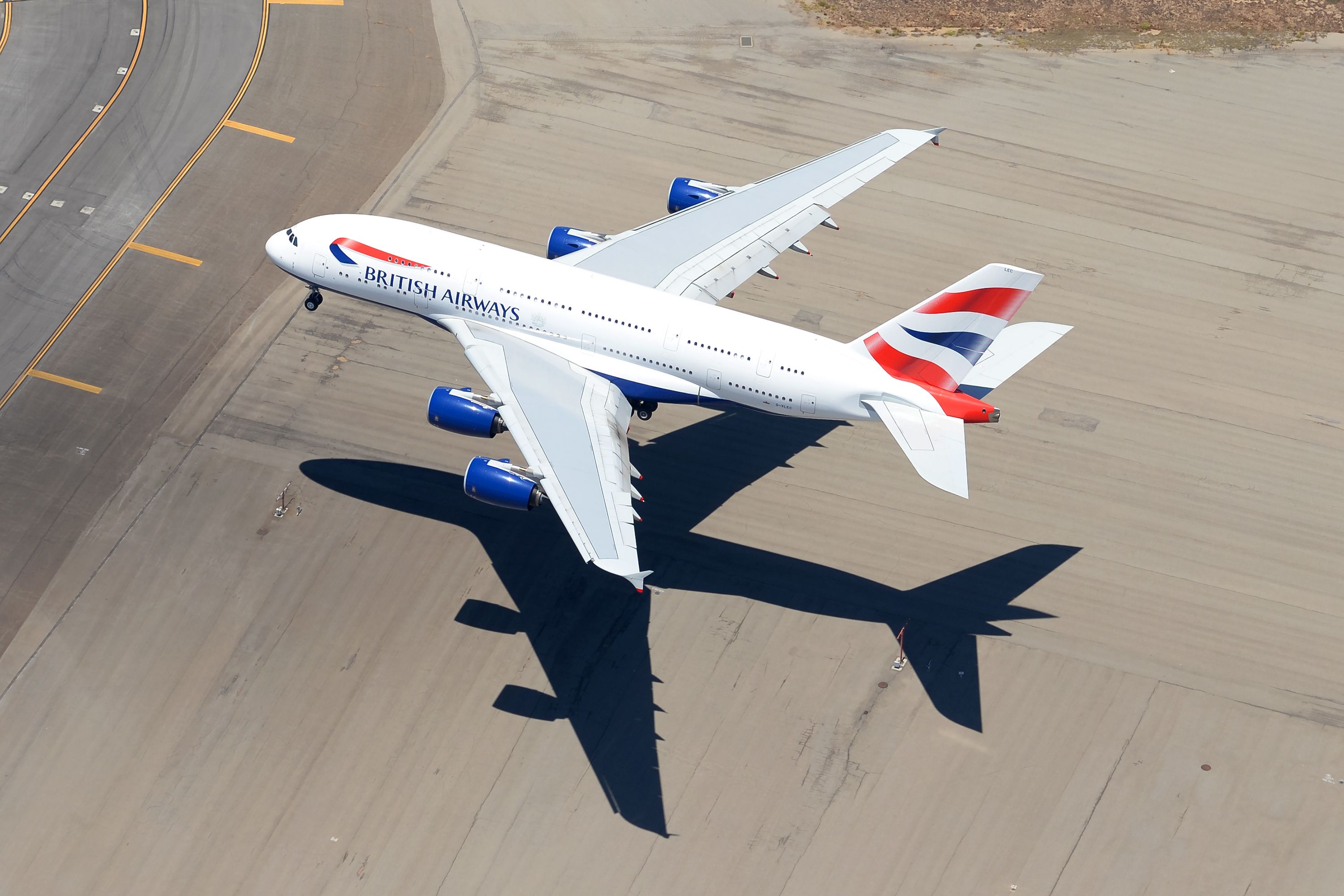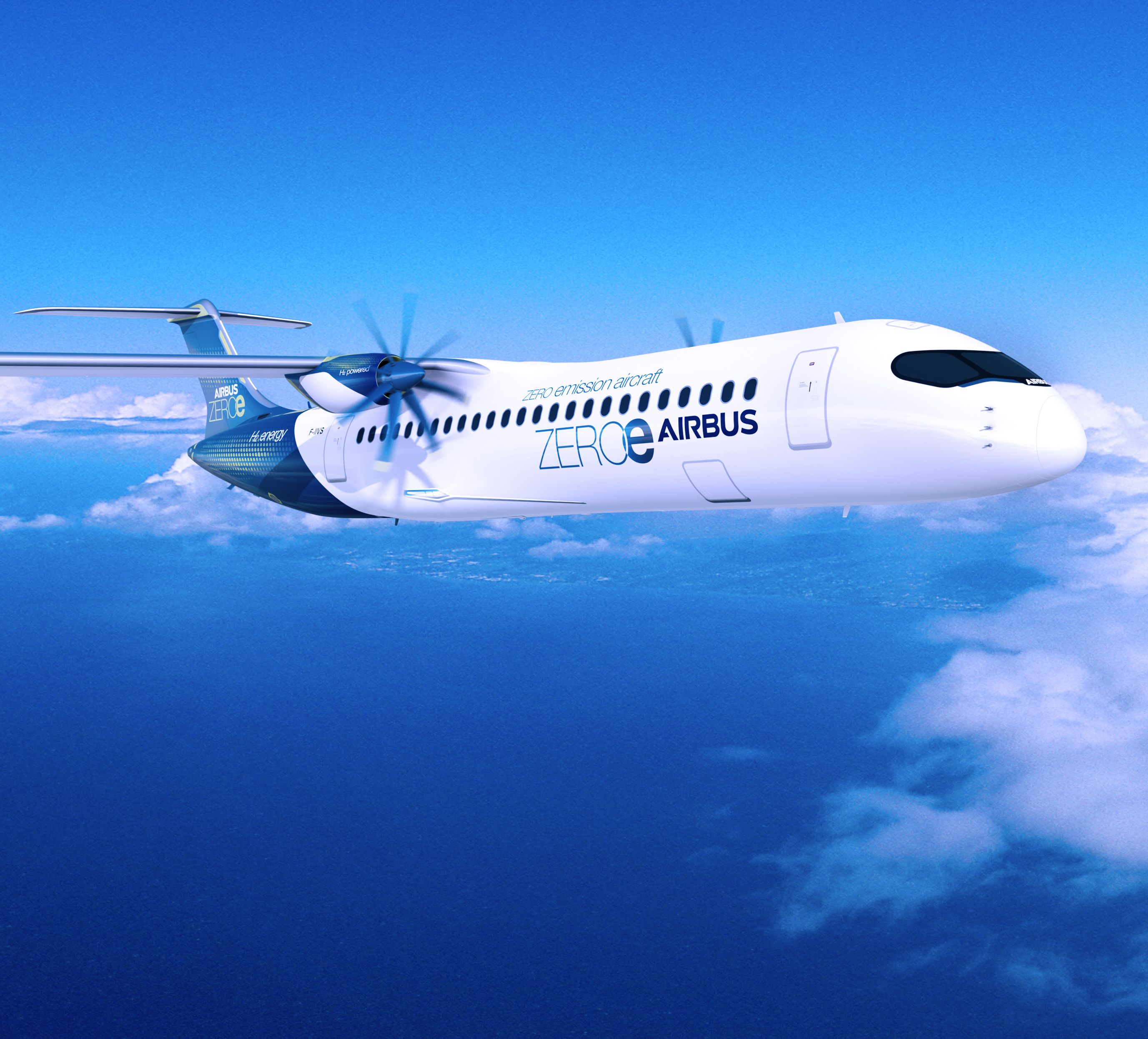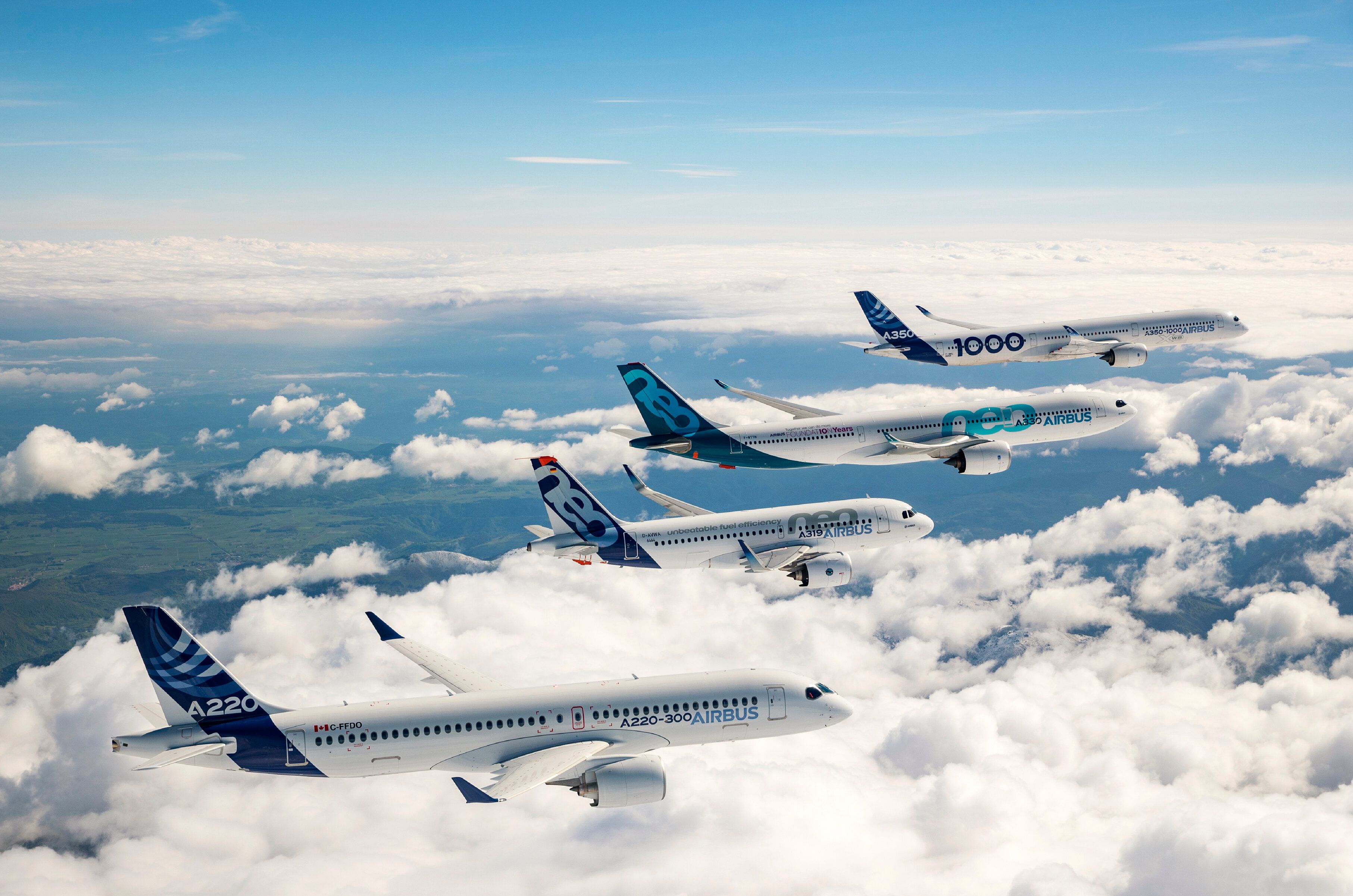While aircraft manufacturers are always inserting the phrase "bestselling aircraft" into the marketing language for their most popular jets, they would never want to draw attention to their "worst sellers." We have previously taken a look at the Boeing jets that weren't exactly big hits with airline customers - let's now take a look at the planes that Airbus had trouble selling.
The baby bus
Let's start small and take a look at the Airbus A318 - affectionately known as the "baby bus." At a length of just 31.4 meters, or 103 feet, the A318 is the smallest member of the single-aisle A320 family.
The A318 racked up a paltry 80 orders, flying with airlines such as Air France, British Airways, and Romania's TAROM. In contrast, the A319ceo had accumulated orders for nearly 1,500 jets, and the A320ceo, over 4,700.
Beyond its 10% range boost above the A320, the A318's big selling feature was its exceptional commonality with other A320 family jets (A319, A320, and A321). This would allow for much more streamlined crew training and maintenance.
Its downfall largely came from its classification. Although the planemaker hoped to make the A318 a regional jet alternative, regulations in both the US and Europe placed it in the same class as larger aircraft. Thus, its cost-to-passenger ratio suffered when calculating landing fees and other weight-related charges.
The single-deck quadjet
Designed throughout the 1970s and 80s, the A340 was Airbus' attempt at a high-capacity, long-range aircraft suited for transoceanic operations. Its four-engine design was meant to bypass ETOPS regulations of the time.
Unfortunately, having four engines would detract from its popularity as ETOPS restrictions were eventually adjusted and allowed for longer-distance flights with two-engined aircraft. Suddenly, aircraft like the Boeing 767, and later the 777, would become much more attractive options, requiring less maintenance and burning less fuel.
Stay informed: Sign up for our daily and weekly aviation news digests.
Airbus had a little over 370 A340 family deliveries. Its worst-seller was the A340-200 with just 28 orders, followed closely by the -500 with 32 orders. In contrast, the twin-engine model developed parallel to the A340, the A330ceo, had racked up orders for nearly 1,500 jets. This popularity allowed Airbus to continue the program as the A330neo.
The superjumbo
Then, of course, there's the superjumbo we're all familiar with - the Airbus A380. We've perhaps covered the unpopularity of this jet more than we'd like to. This four-engine, double-decker behemoth only managed to acquire orders for 251 aircraft, having had several cancelations along the way. A single operator, Emirates, accounts for nearly half of all orders.
Its lack of popularity has largely been seen as bad timing - entering service at a time when point-to-point travel was becoming more popular, as opposed to the hub-and-spoke network model.
Other well-documented drawbacks include:
- Size category and its limited access to airports
- High operating costs (fuel and maintenance)
- A more difficult-to-fill aircraft due to its size
Future aircraft
Airbus launched its ZEROe project in September 2021, which included three different aircraft concepts. Two are classic cylindrical fuselage shapes, one powered by turbofan engines and the other by turboprops. The third includes a blended wing body design.
The planemaker has committed to having a zero-emission hydrogen-powered commercial aircraft ready for entry into service by 2035. Airbus launched the ZEROe demonstrator in 2022 with the aim to test hydrogen combustion technology on an A380 multimodal platform.
Of the three proposed models, Airbus feels that the blended wing body (BWB) is the least likely of the three designs to make it into production by the deadline the plane maker has set for itself. Regardless, Airbus will be hoping that any next-generation plane makes it to its best-selling list and not the one we discussed above.
Does our list of Airbus' worst-selling aircraft surprise you? Let us know in the comments.

